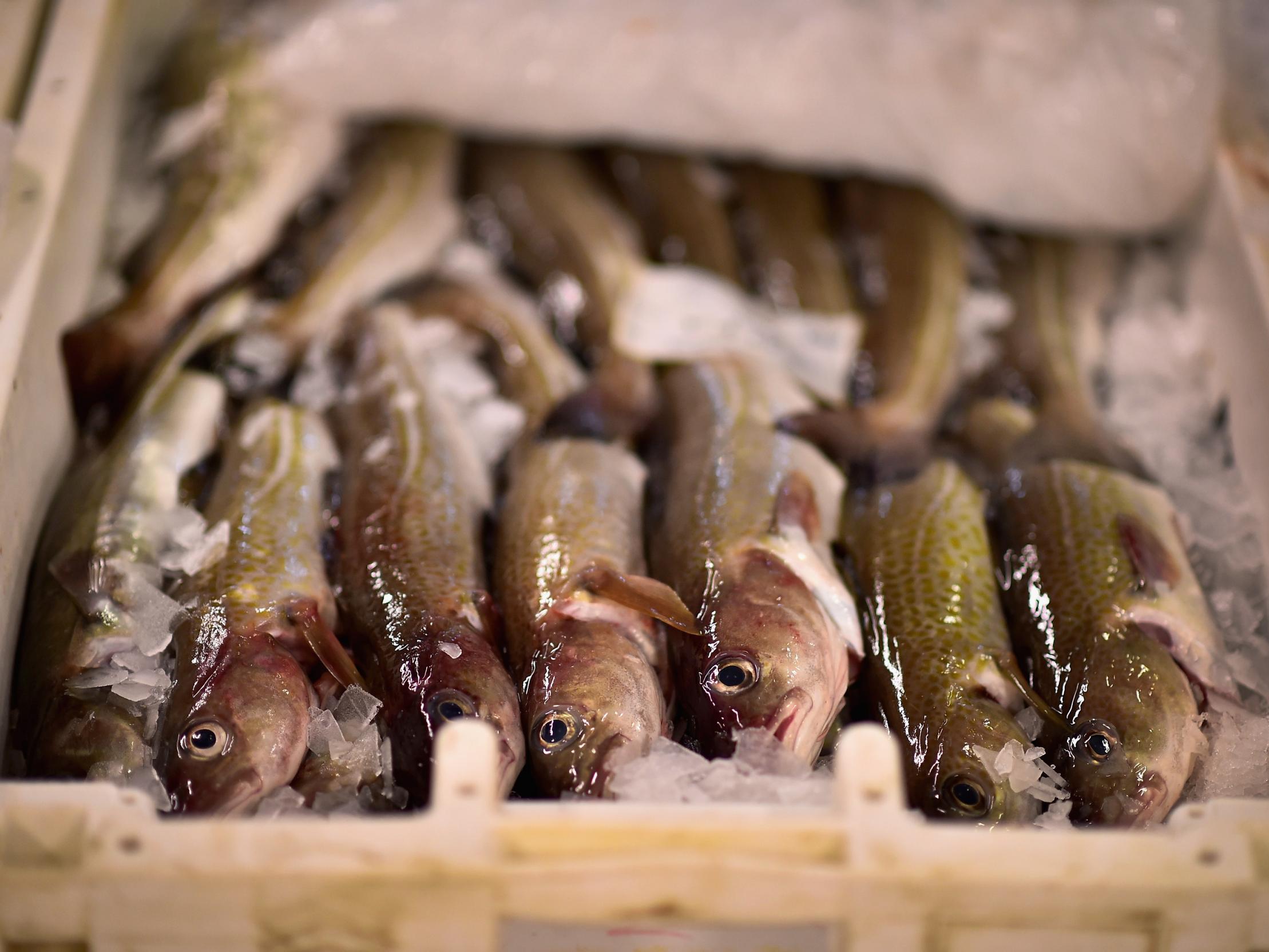This website uses cookies so that we can provide you with the best user experience possible. Cookie information is stored in your browser and performs functions such as recognising you when you return to our website and helping our team to understand which sections of the website you find most interesting and useful.

Cod could disappear from British menus as global warming puts cold-water fish species at risk.
The fish-and-chip shop staple may be replaced on plates by warm-adapted species which are growing in abundance in the UK’s heating seas, researchers said.
Red mullet, Dover sole, John Dory and lemon sole, which all thrive in warmer waters, are already turning up more often in catches.
Scientists who projected changes to fish stocks over the coming decades said diners may need to adapt their diet to help cold-adapted species such as cod, monkfish and megrim survive.
The Celtic Sea, English Channel and southern North Sea have undergone significant warming over the past 45 years and further rises in sea temperatures are expected as climate change continues.
Researchers from the University of Exeter, the University of Bristol, the Centre for Environment, Fisheries and Aquaculture Science (Cefas) and the Met Office used computer models to predict changes in fish numbers by 2090.
Lead author Dr Katherine Maltby, a marine climate change scientist at Cefas, said: “Our results show that climate change will continue to affect fish stocks within this sea region into the future, presenting both potential risks but some opportunities that fishers will likely have to adapt to.
“Consumers can help fishers take advantage of these fishing opportunities by seeking out other fish species to eat and enjoy.”
Researchers at Plymouth Marine Laboratory have previously warned the numbers of large fish in the North Sea may fall by as much as 60 per cent as waters warm.
The North Sea is heating more than twice as fast as the world’s oceans, which hit record high temperatures last year. The average temperature of North Sea waters rose by 1.67C over the past 45 years.
According to Met Office estimates, the North Sea, the English Channel, and the Irish and Celtic Seas will rise a further 3C by the end of the century.
The new study, published in the Journal of Applied Ecology, notes that more flexible management of the fishing industry will be needed to reduce the impact of global warming on species.
Co-author Louise Rutterford, a postgraduate researcher at the University of Exeter, said: “We know from working with fishers that warmer water species are appearing in catches more. Bringing together their ‘on-the-ground’ experiences with studies like ours will help inform future management decisions that enable sustainable exploitation while supporting fishers’ adaptation.”



 Africana55 Radio
Africana55 Radio 

